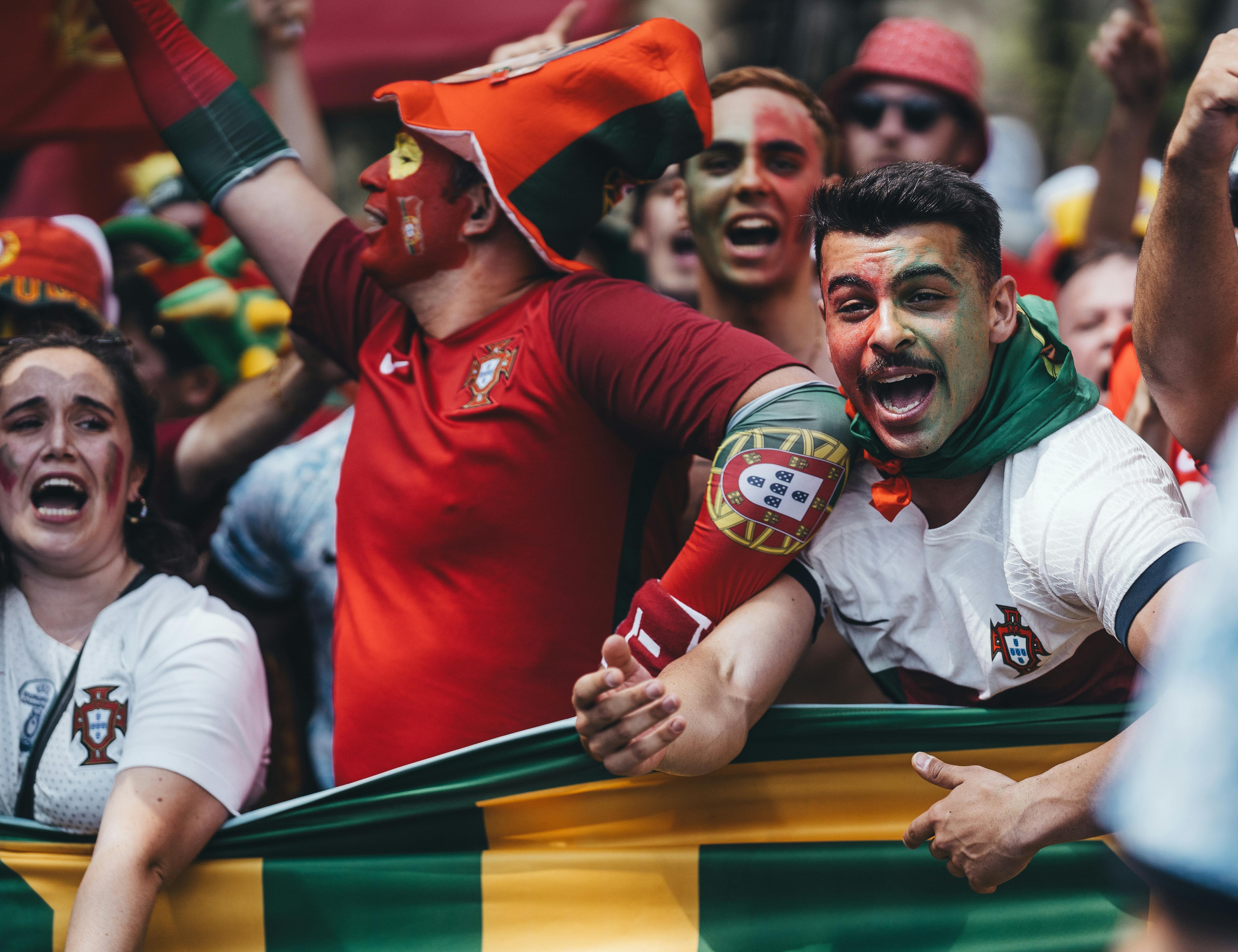The World Cup That Will Redefine Everything
The FIFA World Cup 2026 won’t just be the biggest football tournament ever—it will be the most ambitious sporting spectacle in history. Hosted across 16 cities in the USA, Canada, and Mexico, it’s already being called the most commercialized, globalized, and technology-driven World Cup to date. But with scale comes questions:
- Will fans still feel connected when matches are spread across an entire continent?
- How will ticketing and hospitality change the way people experience the game?
- Can brands authentically connect with audiences—or will this tournament finally cross the line into pure spectacle?
This isn’t just another World Cup. It’s a stress test for the future of football itself—from how fans travel and consume matches to how brands invest in the passion economy.
The Ticketing Revolution: Who Really Owns the Fan Experience?
Tickets have always been emotional currency. But in 2026, with millions of seats across dozens of stadiums, the ticketing war will be more intense than ever.
- Dynamic pricing: Will tickets become as volatile as stock markets—skyrocketing with demand and crashing overnight?
- VIP fan experiences: Is entry alone enough anymore—or is the true luxury in curated hospitality packages, suite-level seating, and insider access?
- Digital vs. physical: Will blockchain finally secure ticket authenticity, or will it just create another digital barrier between fans and the game they love?
For agencies, the challenge is clear: tickets are no longer products—they’re passports into identity and memory.
Hospitality on a New Level: Football as a Lifestyle Experience
The World Cup 2026 hospitality program is set to be unprecedented. Stadium skyboxes, curated dining, behind-the-scenes access—it’s football turned into luxury travel theater.
But it raises questions:
- If hospitality becomes the real show, does football risk becoming secondary?
- Who is the true fan: the one in the nosebleed seat singing until their voice cracks, or the one sipping champagne in a VIP skybox?
- Can football really belong to both worlds at once?
What’s clear is this: hospitality will no longer be an add-on. For many, it will be the centerpiece of the World Cup journey.
The Brands’ Dilemma: Authenticity vs. Exposure
For brands, the World Cup is the ultimate playground: billions of eyeballs, global distribution, cultural power. But 2026 poses a harder question:
- In a tournament stretched across North America, how do brands maintain local authenticity while chasing global impact?
- Will the fan remember the logo—or the moment the brand created around the game?
- Is sports marketing strategy still about visibility—or about timing, relevance, and emotional connection?
Agencies like MAKELÊ know the truth: brands don’t buy logos at the World Cup—they buy emotions, loyalty, and stories that last beyond the final whistle.
Global Sports Travel: The Pilgrimage of a Lifetime
For fans, the World Cup has always been a pilgrimage. But in 2026, it becomes a logistical masterpiece. Traveling from Mexico City to Toronto to New York isn’t just watching football—it’s a journey across cultures, languages, and lifestyles.
- Will global sports travel packages become the new norm for fans?
- Are fans booking matches, or are they booking experiences that stretch beyond the pitch?
- How do agencies coordinate the impossible choreography of visas, flights, transfers, and five-star stays across three countries?
The World Cup is becoming less about a single host country—and more about a continental carnival.
The Soul of the Game: What’s Left When Football Becomes a Business?
At its heart, the World Cup has always been about stories and emotions: Maradona’s hand of God, Zidane’s headbutt, Iniesta’s winner in 2010. But in 2026, as marketing, ticketing, and VIP experiences dominate the stage, the question remains:
- Will the World Cup still be for the people, or has it become a festival for the privileged few?
- Does commercial success guarantee the survival of football—or does it erode the very magic that makes it matter?
- When everything is branded, packaged, and sold—where does raw passion live?
Conclusion: The 2026 World Cup as a Mirror of the Future
The FIFA World Cup 2026 won’t just shape football—it will shape how we consume sport, how brands communicate, and how fans travel for decades to come. It’s both a spectacle and an experiment.
For fans: it’s about securing World Cup 2026 tickets and curating memories that last a lifetime.
For brands: it’s about finding authenticity in a crowded, noisy space.
For agencies: it’s about orchestrating the perfect balance between logistics, hospitality, and storytelling.
The real question is: will the 2026 World Cup bring us closer to the game—or further away from it?
At MAKELÊ, we craft VIP fan experiences that make the World Cup unforgettable. From hospitality packages and skybox access to seamless global sports travel, our role is to make sure you don’t just attend the World Cup - you own your moment in history.






